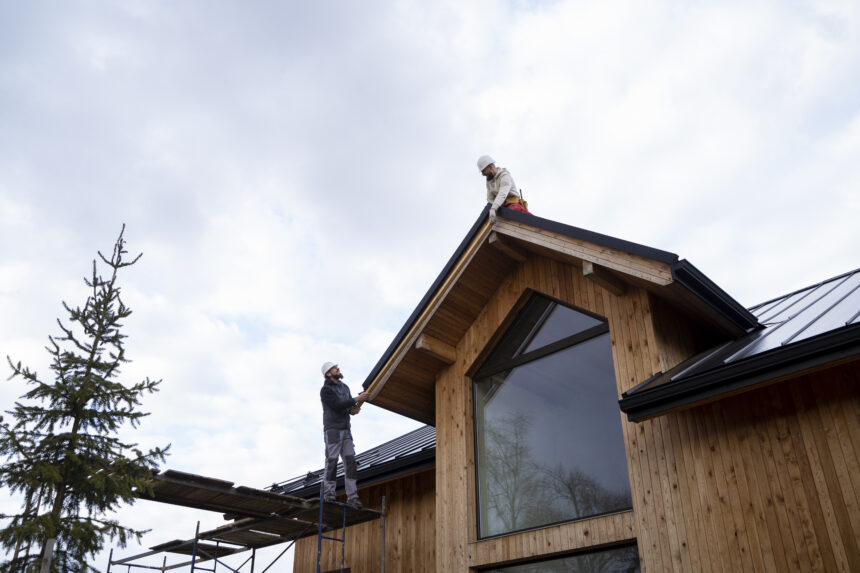Your home’s roof is one of its most critical components, protecting you and your belongings from the elements. However, over time, roofs may require repairs or even complete replacement due to wear and tear, damage from storms, or other factors. When undertaking roof repairs or replacement, it’s important to consider how it may impact your home insurance coverage. Here are some tips for managing home insurance during roof repairs and replacement:
- Notify Your Insurance Provider: Before you begin any roof repairs or replacement, it’s crucial to inform your insurance provider. They need to be aware of the work being done on your property to ensure that your coverage remains intact and to discuss any specific requirements or recommendations they may have. Failure to inform your insurance provider about major renovations like roof repairs or replacement could result in denied claims or coverage issues.
- Understand Your Policy Coverage: Review your home insurance policy to understand what it covers regarding roof repairs and replacement. Policies can vary, but typically, they provide coverage for unexpected damages, such as those caused by storms or accidents. However, normal wear and tear or maintenance-related issues may not be covered. Understanding your policy’s coverage and limitations will help you determine what expenses you may need to bear on your own and what might be covered by your insurance.
- Obtain Estimates and Documentation: When getting estimates from roofing contractors, be sure to request detailed documentation of the work to be done, including the materials being used, the scope of repairs, and the estimated cost. This documentation will be important for insurance purposes, as it helps substantiate the need for repairs or replacement and can be used as evidence if a claim is required.
- Choose Licensed and Insured Contractors: When selecting a roofing contractor for your repairs or replacement, choose one that is licensed, insured, and experienced. Working with reputable professionals reduces the risk of improper installation or potential liability issues. It’s also important to ensure that the contractor has liability insurance and workers’ compensation coverage. This protects you from potential legal and financial consequences if any accidents or damages occur during the project.
- Verify the Warranty and Insurance of New Roofing Materials: If you’re replacing your entire roof, verify the warranty and insurance coverage of the new roofing materials. Some manufacturers offer warranties that may cover defects or damage to the materials. Additionally, check with your insurance provider to see if they have any specific requirements or recommendations regarding the type of roofing materials being used. Ensuring that your new roof is adequately covered by warranties and insurance adds an extra layer of protection.
- Consider the Impact on Your Premiums: Roof repairs or replacement can sometimes have an impact on your home insurance premiums. Newer roofs or those made with more durable materials may be seen as lower risk by insurance companies, potentially resulting in lower premiums. On the other hand, older roofs or those in poor condition may increase your premiums or even lead to coverage limitations. Discuss the potential impact on your premiums with your insurance provider before making any decisions.
- Document the Process: During the roof repair or replacement process, document the progress with photos or videos. This documentation can serve as evidence if any issues arise, such as damage to your property during construction or disputes with the contractor. Having a visual record of the work being done can help support your insurance claims, if necessary.
- Review and Update Your Coverage: After the roof repairs or replacement is complete, take the opportunity to review and update your home insurance coverage, if needed. The new roof may change the value of your home or affect your coverage requirements. Contact your insurance provider to discuss any adjustments that may be necessary to ensure that your coverage aligns with the current state of your property.
By following these tips, you can effectively manage your home insurance during roof repairs or replacement. Keep open communication with your insurance provider, understand your policy coverage, work with reputable contractors, and document the process. Taking these steps will help ensure that your home and investment are protected throughout the roof repair or replacement process.










